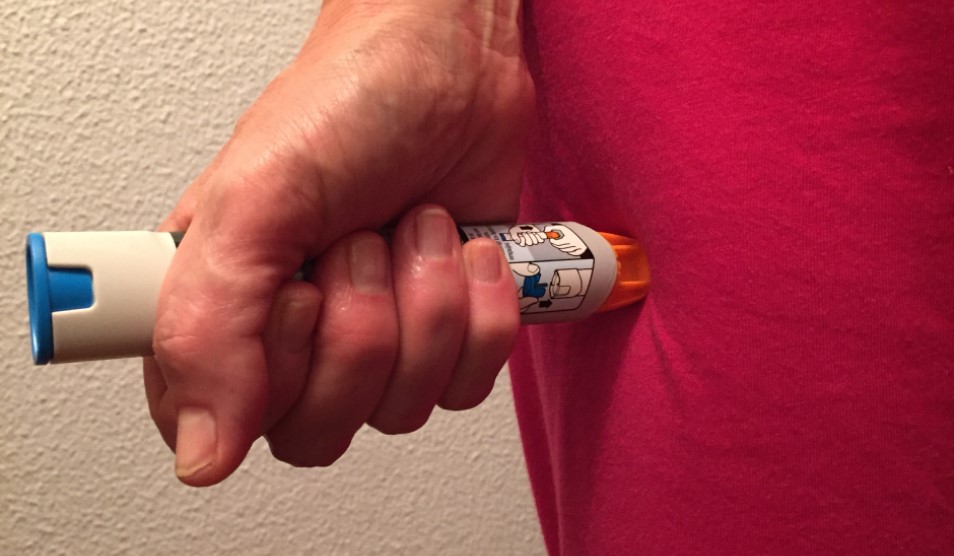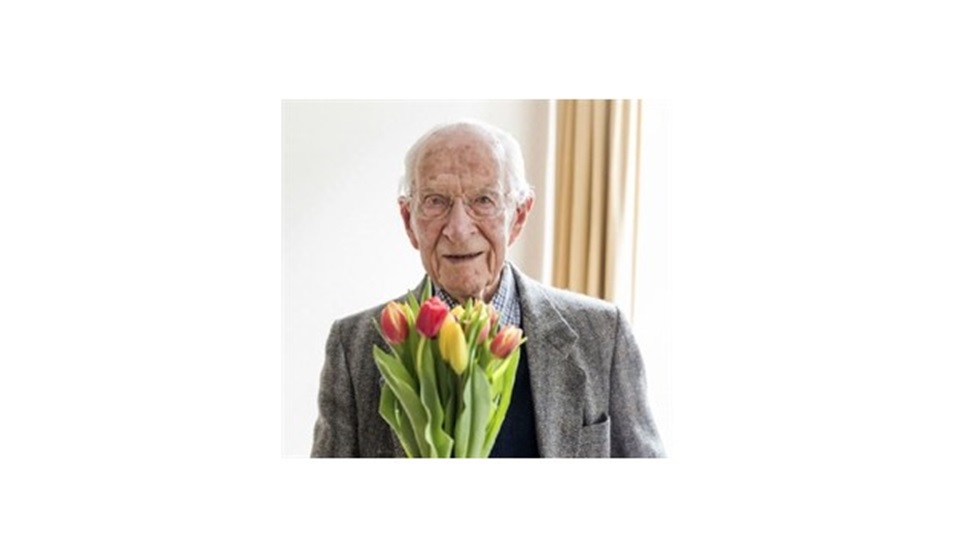Leading allergy consultant features on ITV’s This Morning
With hay fever on the rise, Dr Sophie Farooque, a leading allergy consultant at St Mary's Hospital, appeared on ITV’s This Morning this week to explain why that may be and what sufferers can do to help ease their symptoms.
It is estimated that nearly 18 million people have hay fever in the UK and is most common in children, but can develop at any age. Ninety five per cent of hay fever sufferers are allergic to grass pollen, but tree and weed pollen can cause problems too.
Hay fever can be a debilitating condition, affecting everyday life and it is also believed that children with hay fever are seventy per cent more likely to drop a GCSE grade compared to children who do not have hay fever.
Consultant allergist Dr Sophie Farooque chatted with presenters Philip Schofield and Amanda Holden, and to Rylan Clark who is affected by the condition.
Sophie said: “The biggest misconception about hay fever is that it’s not a serious condition. Hay fever is not just a runny nose. Patients develop asthma and are admitted to hospital. This is a condition that is more than a seasonal nuisance, it has a serious impact on living your life; it affects sleeping, working, going out, driving – it matters.
“Lots more people are getting allergies, a trebling over the last 30 years and it is complex. Some say ‘modern life is making us allergic’ - the theory is simple, allergies are on the rise because we are too clean. The theory is that in our sanitised, disinfected world, where every kitchen surface is sterile and cleansed of all germs, our immune systems are simply not getting the 'priming' they need to develop properly in infancy.
“Another misconception is that it is also caused by flowers. It is not, it is caused by grass pollen, tree pollen and sometimes moulds. Grass and tree pollen are light and can be carried by the wind which is why they cause such a problem.”
Sophie Farooque added: “Nobody should have their life made a misery due to hay fever. A lot of people simply put up with it – it’s the typical stoic British attitude – but the majority of us should be able to get through the pollen season without experiencing any symptoms. So don’t give up if over the counter medication is not working. The biggest mistakes are not using a nasal spray correctly and for long enough before quitting and putting up with uncontrolled symptoms. I will often see people who have suffered for decades before coming to see a specialist. A lot of people simply put up with it but the majority of us should be able to get through the pollen season without experiencing any symptoms.”
Sophie gave her top tips:"If over the counter medication is not working, then go and see your GP. Try and anticipate ahead and see the doctor before the pollen season kicks in. If despite seeing your GP, you are still running into problems then ask to be referred to an allergy specialist. There are very few people that we cannot get significantly better. We also have access to immunotherapy (allergy vaccinations) that will decrease your sensitivity to pollen and in the long-term can significantly reduce symptoms (even once the treatment has stopped). The British Society of Allergy and Clinical Immunology (BSACI) on their homepage (www.bsaci.org) has a tool that allows you to locate the allergy clinic near you."
A steroid nasal spray is one of the most effective hay fever treatments. One tip that not many people realise is that if you start taking them two weeks before the pollen that affects you comes into season, it will be far more effective. One of the most common mistakes people make is not using their spray every day. Then there’s the technique – tipping your head back means the medication will just run down your throat and sniffing means that you will likely swallow your snot as well as the spray.
Other tips that can help ease symptoms are as follows:
- If possible, stay indoors when the pollen count is at its highest - in the early morning and early evening
- Wear wrap-around sunglasses glasses and wash your face and eyes when you come indoors
- Keep pollen out of the house by changing your clothes when you return
- When you have a bad attack, go inside, close doors and windows and sit quietly for 15 minutes
- Go and see your GP (if over the counter medications are not working) and get kitted up BEFORE the pollen season. Nose sprays, anti-histamines, eye-drops and other medications can all be used as necessary to get things under control. Remember your GP will have far more medication to choose from and if need be, can refer you to an allergy clinic.
- If you have pollen asthma, make sure that you are using your preventers regularly and have enough of your reliever to hand.
For more information please contact the press office.





